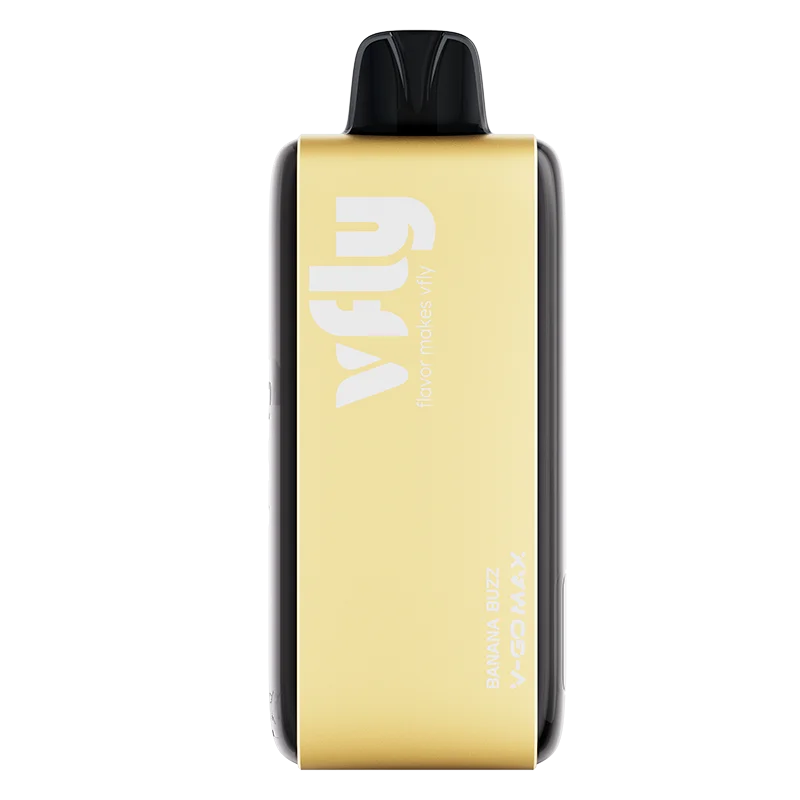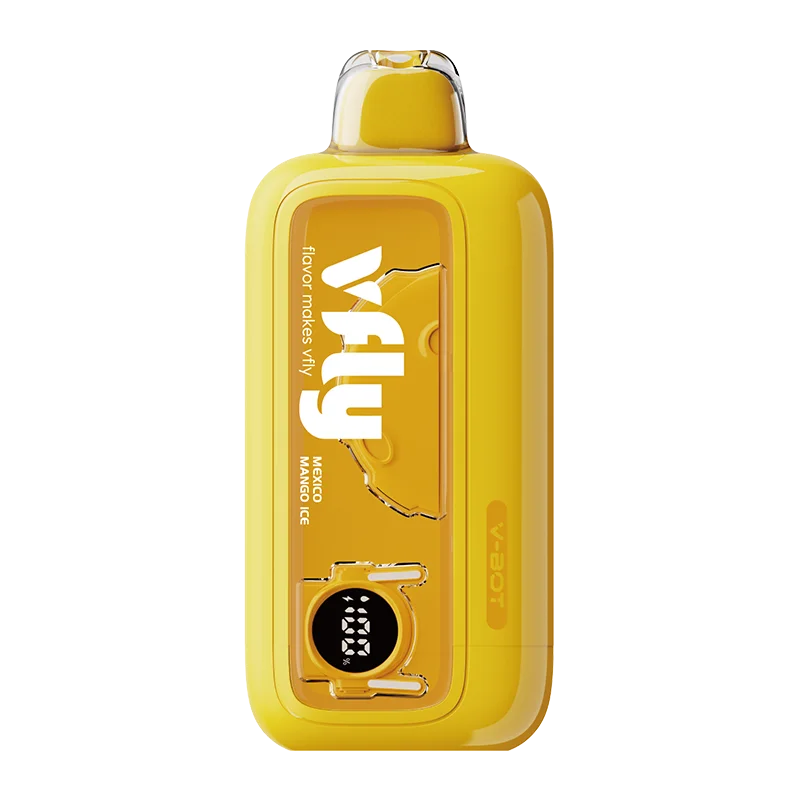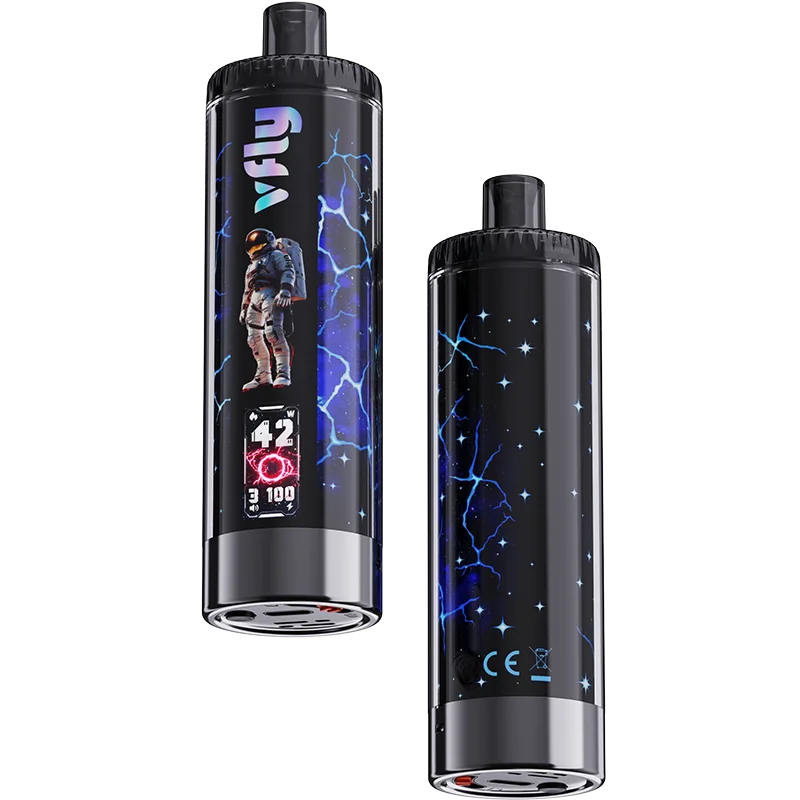Is Wisconsin Banning Vapes?
As of September 1, 2025, Wisconsin has enacted a law that significantly restricts the sale of vaping products. The law targets vape products that have not been approved (authorized) by the U.S. Food and Drug Administration (FDA). Only FDA‐approved or “on‐registry” vaping products may legally be sold in Wisconsin after this date. This has been widely interpreted (and reported) as a de facto ban on many vaping products that are common in vape shops, especially flavored or niche brands that have not yet navigated the FDA’s premarket authorization system.
Key Legal Provisions
- Requirement for FDA Approval The law mandates that any electronic vaping device or product sold in Wisconsin must have received marketing authorization from the FDA.
- Effective Date Enforcement began on September 1, 2025.
- Penalties Retailers selling non‐approved products can face fines up to $1,000 per day per product (i.e. per SKU) for violations.
- Scope of Products Affected The law covers all regulated nicotine vaping products. Non‐FDA approved devices, liquids, atomizers, etc., are disallowed. Only products that are on the Wisconsin registry of approved vaping devices (i.e. have authorizations) are permitted.
- Legal Challenges A trade group (Wisconsinites for Alternatives to Smoking and Tobacco, “WiscoFAST”) filed suit to block enforcement, claiming the state law conflicts with federal authority. A federal judge denied a preliminary injunction on September 5, 2025, and upheld enforcement. WiscoFAST has stated they’ll appeal.
- What’s Still Allowed Only the limited number of vaping products that already received FDA authorization or otherwise appear on Wisconsin’s approved registry may be sold. Non‐nicotine or nicotine (depending on approval status) products may be subject to different treatment; also, hemp‐derived vape products (e.g. delta-THC) have additional regulatory steps and future deadlines.
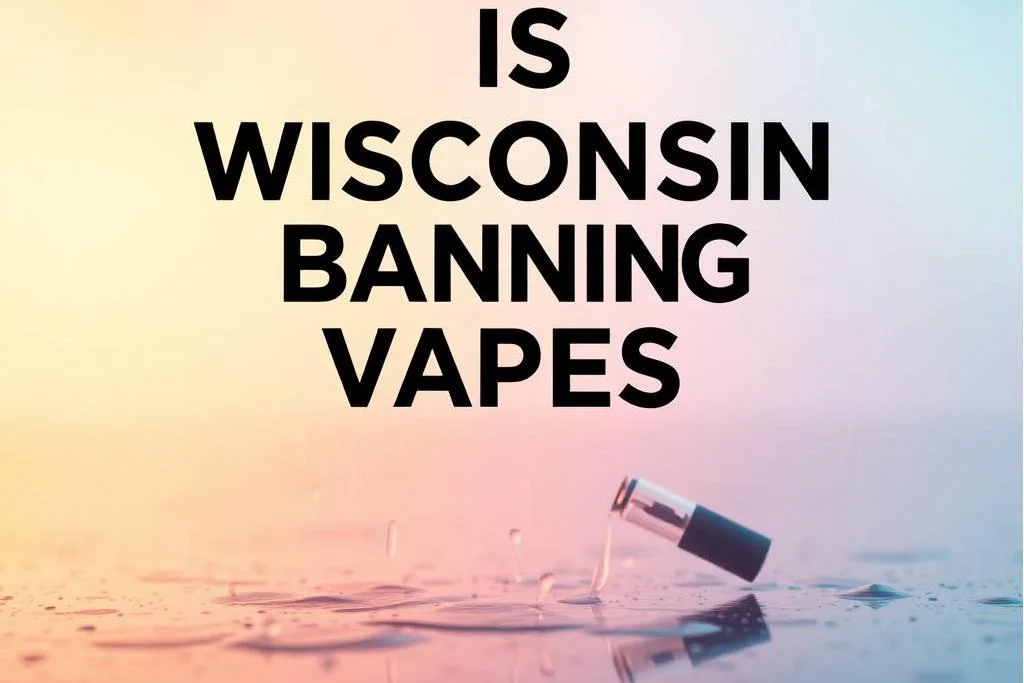
Impacts & Industry Response
- For Vape Shops: Many shops report massive loss of inventory, as non‐approved products constitute a large part of their offerings. Some warn of potential business closures.
- For Consumers: Fewer product choices; many flavored vapes or smaller brands are effectively prohibited unless they achieve FDA authorization.
- Legal & Economic Pressure: Lawsuit challenging constitutionality; concerns about revenue losses, enforcement burden.
What This Is Not
- It is not a complete ban on vaping by individuals. People may still use vaping devices; the law concerns sale of non‐approved products.
- It does not ban all vaping devices immediately — only those not approved by the FDA. Some are already approved (though these are a small fraction).
- It does not nullify all flavors or forms — but many unapproved flavors and devices will no longer be legal to sell.
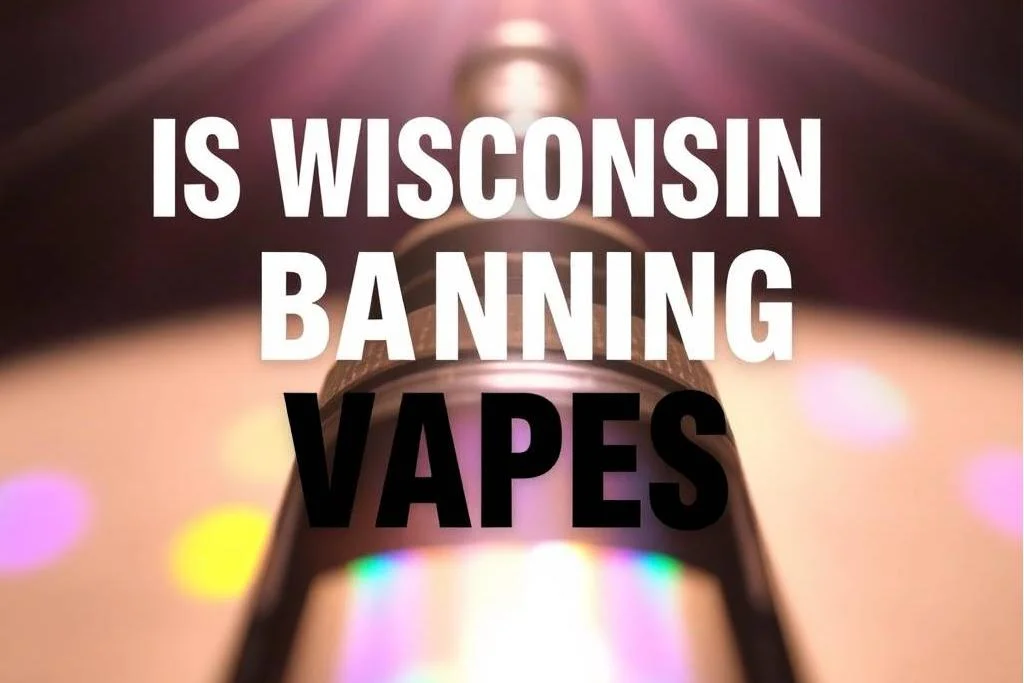
What To Watch
- The appeal by WiscoFAST in the U.S. Court of Appeals (7th Circuit). Legal rulings could alter enforcement.
- Updates to the Wisconsin registry of authorized vaping devices — more products may gain approval and be added.
- Impact on small business and retail (stock clearances; compliance costs).
- Possible secondary effects: growth of black market or sales via mail/internet channels.
- Public health outcomes: youth vaping rates, adult cessation, etc.
Conclusion
Wisconsin is not banning vaping entirely, but as of September 1, 2025, the state has prohibited the sale of any vaping products that are not authorized by the U.S. Food and Drug Administration (FDA). This law means most flavored vapes and smaller brands commonly found in vape shops can no longer be sold, while only a handful of FDA-approved products remain legal. Retailers face fines of up to $1,000 per day for each non-approved item they continue to sell, creating major challenges for vape shops that rely heavily on these products. The measure has sparked lawsuits from trade groups arguing it oversteps state authority, though courts have so far allowed the law to stand. While consumers can still vape and purchase FDA-approved devices, the availability of options in Wisconsin has been sharply reduced, with critics warning of business closures and possible growth of a black market.
FAQs
1. Is vaping completely banned in Wisconsin?
No. Wisconsin has banned the sale of non-FDA-approved vaping products, effective Sept 1, 2025. But vaping itself (i.e. use) is not banned, and any product that has been authorized / approved by the FDA may still be sold.
2. What happens if a vape shop continues to sell non-approved products?
Retailers risk fines up to $1,000 per day per product (per SKU) if they continue selling non-approved vaping products after the law took effect.
3. Which vaping products are allowed in Wisconsin now?
Only those with FDA marketing authorization or already listed on the Wisconsin approved registry. Currently, very few products are on the approved list.
4. Are there legal challenges to this law?
Yes. An industry/trade group (WiscoFAST) sued, arguing the law oversteps state authority and conflicts with federal law. A federal judge denied a preliminary injunction, so enforcement is continuing; the group plans to appeal.
5. How will this affect consumers, especially youth vapers or those using flavored products?
Consumers will see limited availability — many flavored products or niche brands are non-approved and must be removed. This may push demand to fewer, larger brands or lead to black-market use if consumers seek unapproved products. For youth, there’s potential for reduced exposure, but also risk of alternative sourcing.
